Understanding the Issue
Plastic: It’s a material made to last forever and designed to be used for less than 15 minutes. Sixty years ago, using plastic for everything from food packaging to utensils was not a common option, but now, many of us can’t picture the world without it. It has seeped into literally everything. It is in our food, our water, nature, the ocean, animals, and even our blood. Plastic began to gain popularity in the 1960s, and from that point on, plastic usage skyrocketed to what we know today.
Single-use packaging is catastrophic for our environment and much more. Plastic is not a natural substance, so it will never break down naturally. Instead, it just becomes smaller and smaller, until the pieces are microscopic. This may seem like an acceptable process, but these microplastics are consumed by animals and seep into our oceans and soil, which in turn are consumed by humans and can cause serious health effects. Recent studies have shown that even in our national parks, where miles of land lay untouched by humans, there are microplastics. A recent study published in the journal, Environmental Research, found microplastics in fruits and vegetables with apples and carrots being the greatest affected.
Just 60 years after its conception, nothing in the world is untouched by plastic. Microplastics are carried by water, by wind, and even by rain. When we breathe in that salty ocean air at the beach, we are breathing microplastics with it. When we lather shampoo in our hair, we are absorbing microplastics. It is invisible and inescapable, and we have to make a change.
How if Affects Our Health
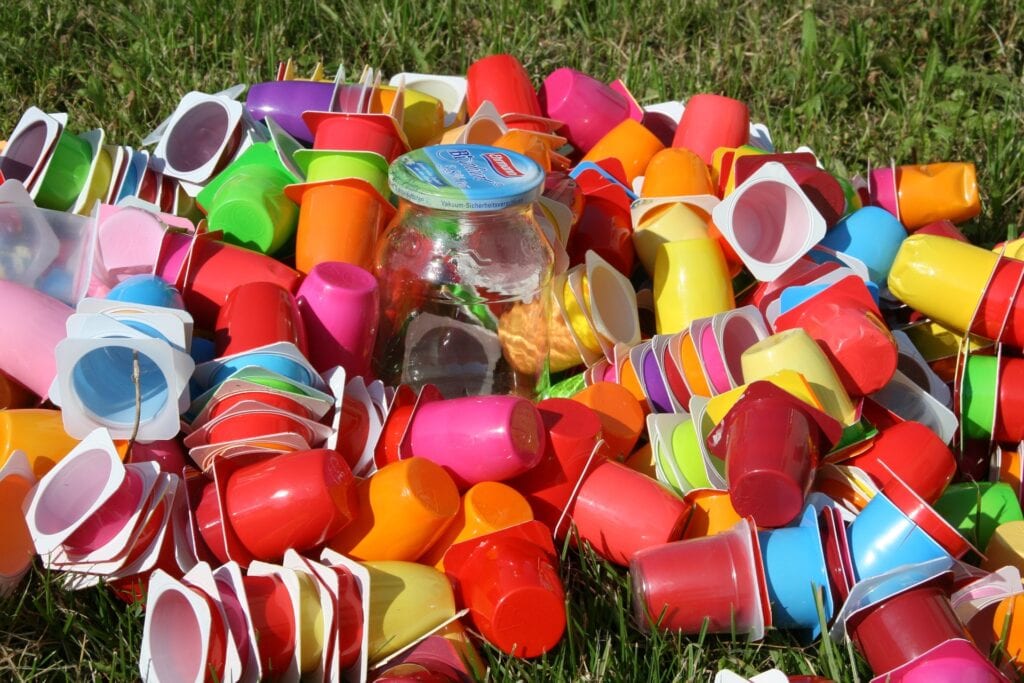
I am no doctor, but there are countless scientific studies and experiments that show that plastic does nothing good for your health. According to a study in the journal of Environmental Science and Technology, most of the plastic that consumers use in their daily life contains potentially toxic chemicals. Plastic is a known carcinogen because it contains numerous chemicals that can have minor to fatal effects on adults or children as they grow and develop. (Refer to the toxins section on my website for more information.) The health issues from plastics range from mild irritation, to reproductive harm, hormone disruption and cancer, not to mention that plastic threatens aquatic life, which many humans rely on for sustenance. Scientists have dissected sea creatures and have found dozens of bits of plastic in their bodies causing discomfort and premature death. Plus, once these creatures die, that plastic lives on, creating a potential threat for other marine life. In fact, plastic is such a major issue, that scientists predict that in less than 30 years, there will be more plastic in the ocean in weight than fish, which is not necessarily accounting for all of the microplastics that are already in the ocean.
How it Affects Us Financially
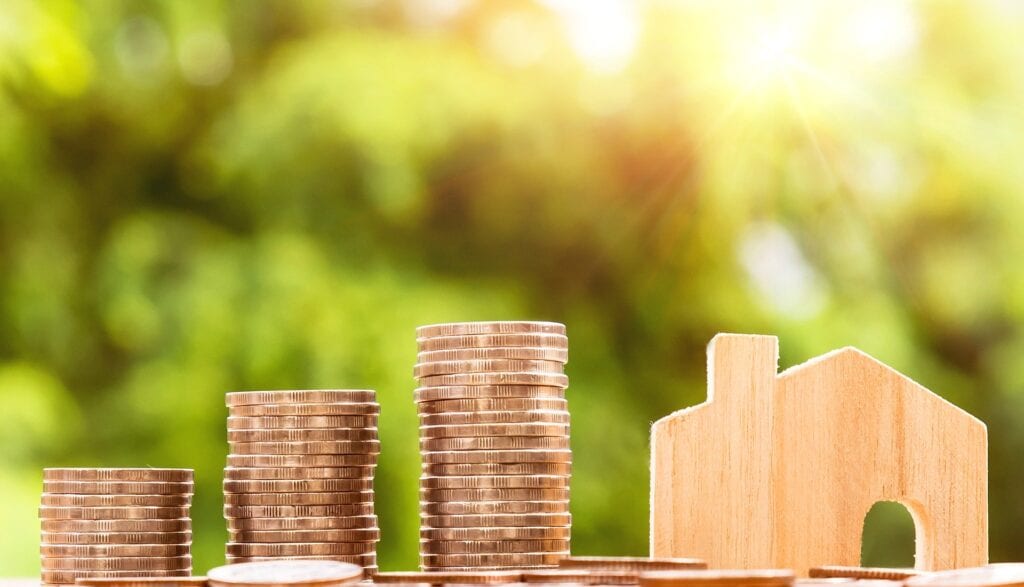
Plastic is not only a cost to our environment and health; it also costs consumers. Addressing plastic pollution by cleaning it up, recycling it, and dealing with the environmental harm of plastic pollution takes significant efforts from our local, state, and federal governments. This means that a portion of our tax dollars are being used to address plastic pollution, while the companies that are producing and selling plastic save millions. Everything has a cost, even if it is not apparent upon its purchase. We, as consumers, have been tricked into believing that single-use plastics are cheap, affordable, and free of consequence. We have been taught that plastic is the best and only option, but this is an illusion. The plastic we use today will last longer than any of us. Long after you have left the beach, your plastic straw will be waiting for your grandchildren to deal with.
Recycling Myth
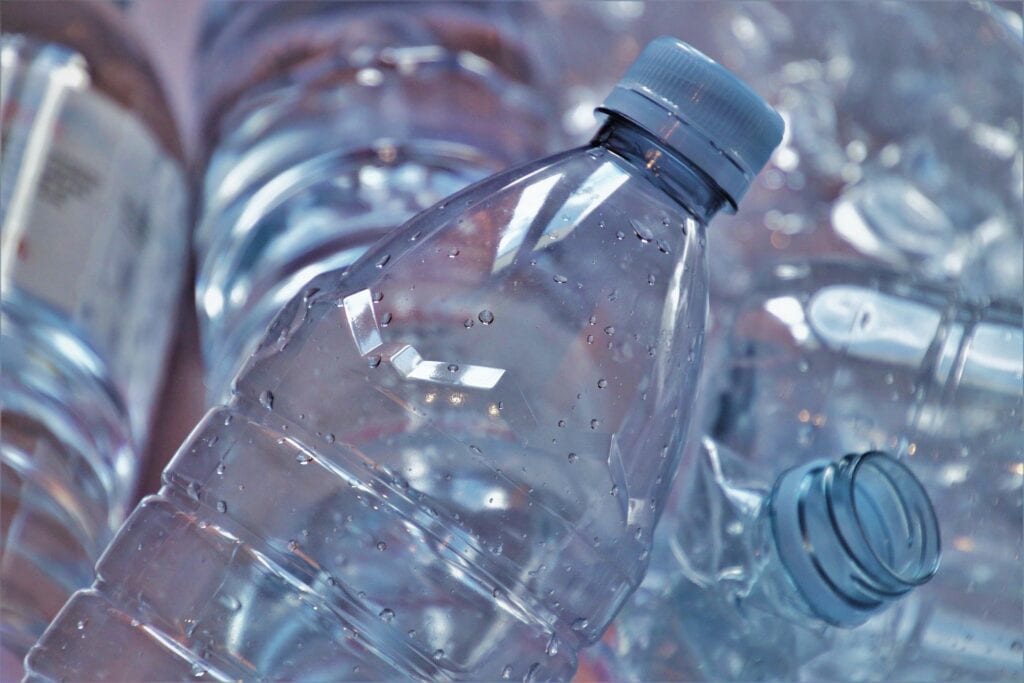
The idea of recycling is a fairly recent one, and is not very effective. There are roughly 7 types of plastic in circulation, and of those 7, very few of them are recyclable, assuming that they are even taken to a recycling plant. In reality, most of the recycling will be dumped in a landfill, while we experience the satisfaction of thinking that we are helping the earth. But in order to truly help the earth a few things need to happen. The plastic crisis does not have a single good solution, but there are ways to combat it.
First and foremost, we need to change how we as a county, state, and country operate when it comes to waste management and plastic production. But something more attainable for you as a consumer is to take a look at your plastic usage and switch to a sustainable alternative. It may seem like it has little to no impact, but consumers have power. Whenever possible, stop supporting companies that are using plastic packaging and look at your own habits. Do you use plastic utensils on a regular basis? How often do you shop online? Do you use ziplock bags or plastic containers in your kids’ lunches? When you take a look at how much plastic you use without a second thought, it becomes pretty alarming.
This realization is one of the main reasons I started my website, environmentalemma.org. I found it time-consuming to find the most sustainable and ethical products on the market. So, after searching for sustainable companies and finding no clear answer, I realized that if I – someone who cares deeply for the environment – was struggling to find sustainable options that are plastic-free and environmentally friendly, then no one would ever switch to sustainable products on their own. I’m doing the research so that YOU don’t have to do anything other than click a button on my website. I now advertise hair and skincare products that are easy to use and great for the environment. I found cleaning tools that are wood- not plastic- grocery bags, cling wrap options, food storage containers, portable utensils and more. I even found sustainable diapers, so you can feel good about what you’re putting against your baby’s skin.
Changing Your Habits
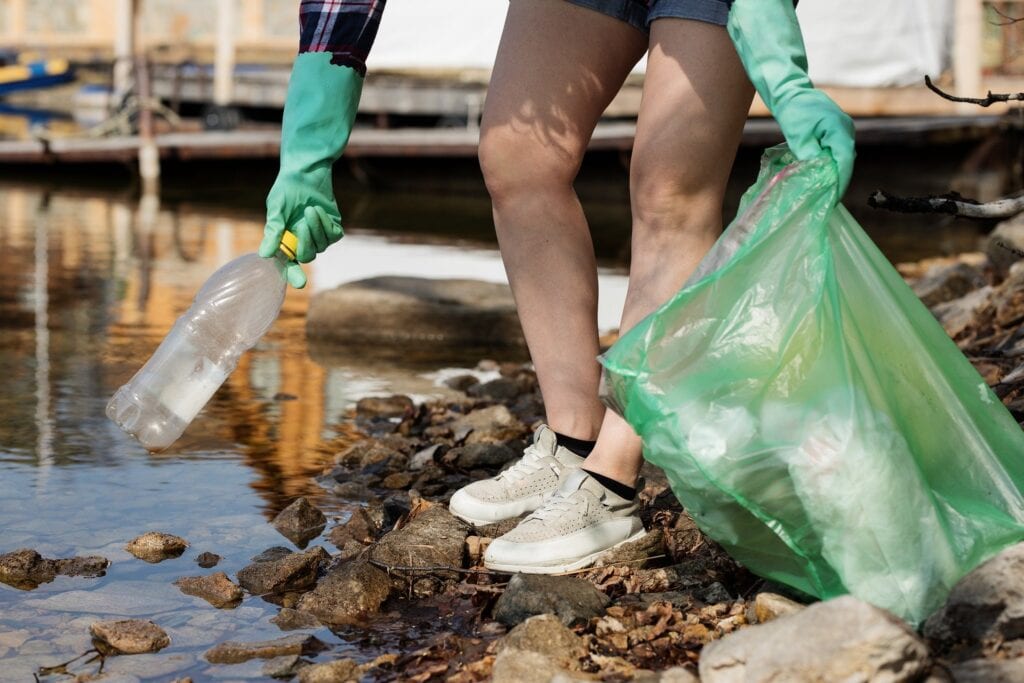
One green initiative that I participated in this past month is “Plastic Free July”. The purpose was to raise awareness about plastic and encourage people to find alternatives. I did an #EEplasticFree challenge on my website, to encourage people to commit to eliminating one single use plastic for the month. Such as pleading to use a reusable water bottle for the month, or bring your own utensils when going out. But the ultimate goal of this month is to encourage people to change their habits and stick to these changes long after July.,
I’m not asking anyone to 100% eliminate plastic from their lives 0 although that would be ideal. I’m just encouraging you to cut back. No one can perfectly be zero-waste or constantly act in the environment’s best interest – especially with the demands of raising a family, your job, etc. Trying to change all your habits at once can be daunting, so I’m asking you to start with one thing. Will you try “Not Paper Towels”, an alternative to disposable paper towels? Will you replace all the plastic in your shower and try Plaine Products instead? Will you stop buying cases of plastic water bottles? I encourage you to peruse environmentalemma.org for sustainable options and give something new a try. (I even have coupon codes for a lot of my suggestions.)
We need to at least make an effort to help the environment. If not for your sake, then for the sake of your children, because I, for one, don’t want my children to inherit a plastic-laden planet
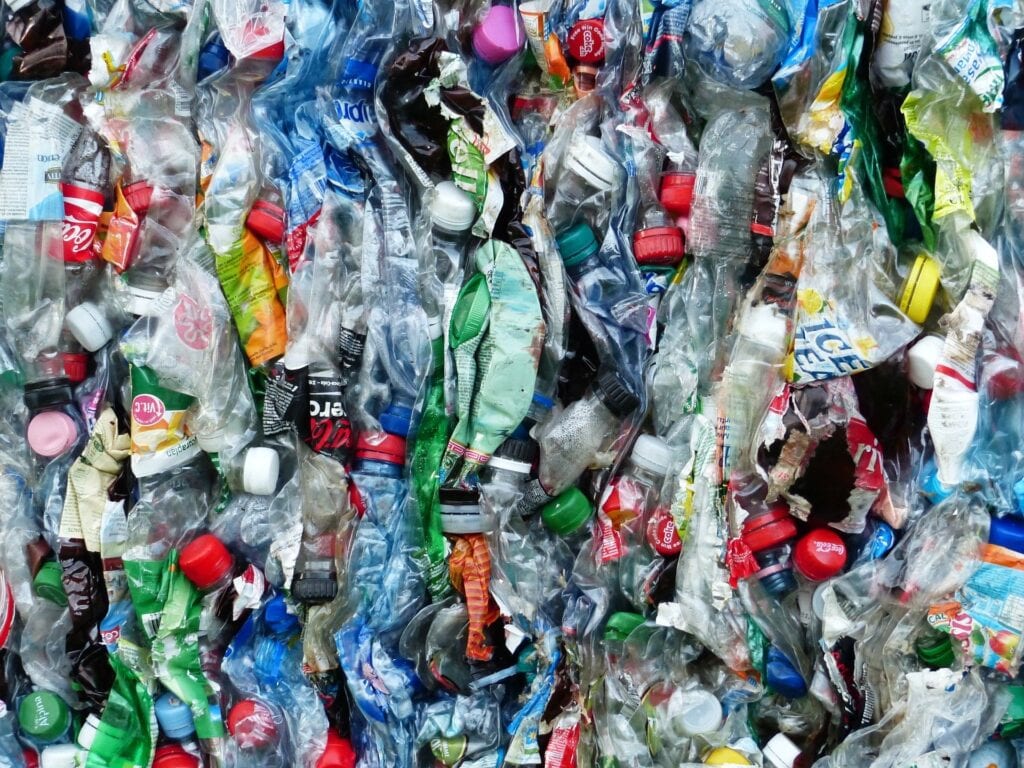
Greetings! Very helpful advice in this particular
post! It is the little changes that will make the largest
changes. Thanks for sharing! I simply could not go away your website prior to suggesting
that I really enjoyed the standard info a person provide in your guests?
Is going to be back regularly to inspect new posts I’ve been surfing online more than 2 hours today,
yet I never found any interesting article like yours.
It is pretty worth enough for me. In my opinion, if all website owners and bloggers made good content as you did, the web will be much more useful than ever before.
http://Cars.com/
Thanks for reading Jimmy!
Greetings! Very helpful advice within this post!
It’s the little changes that make the most important changes.
Thanks a lot for sharing! There’s definately a lot to know about this subject.
I really like all of the points you’ve made. I am
sure this piece of writing has touched all the internet visitors,
its really really fastidious paragraph on building up
new weblog.